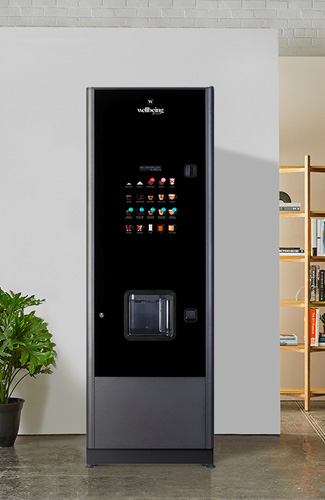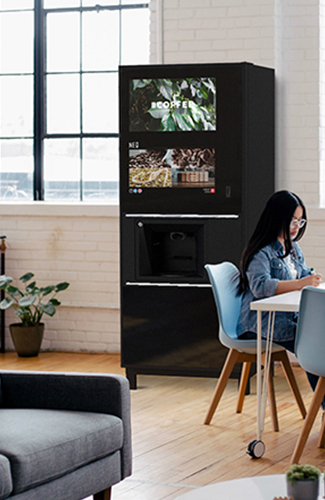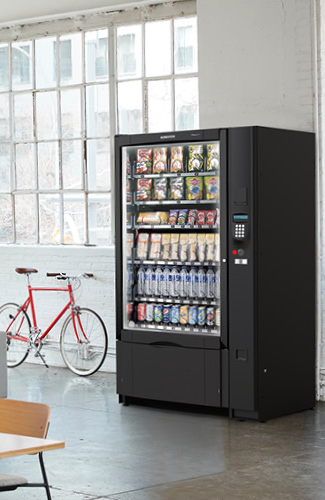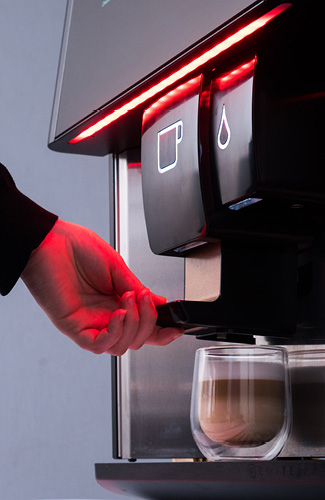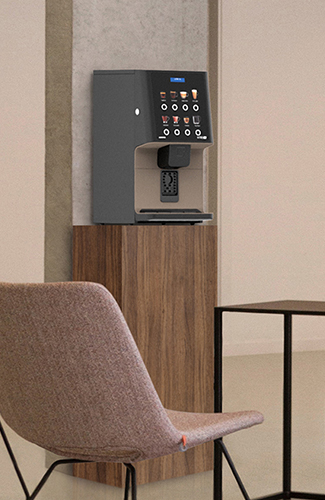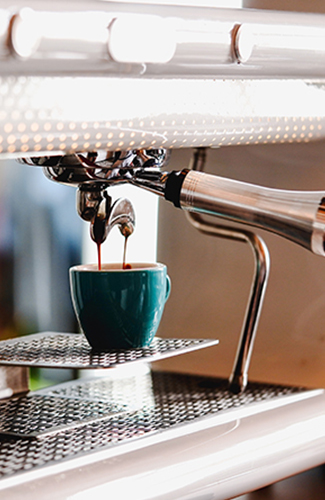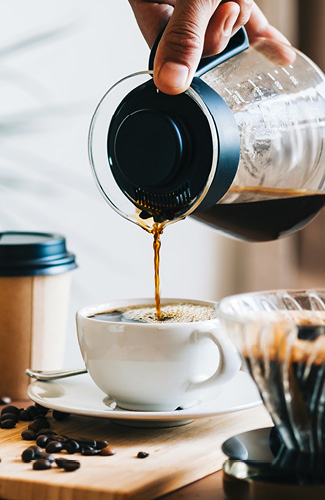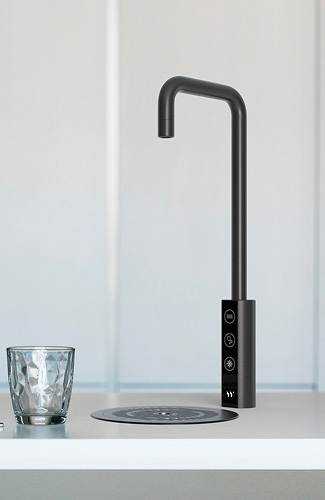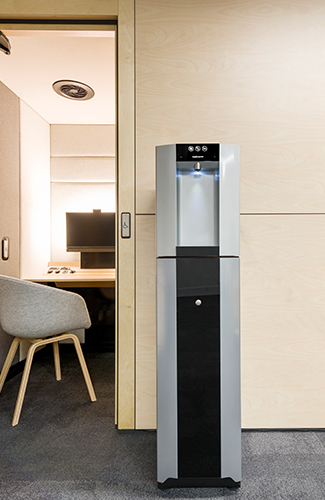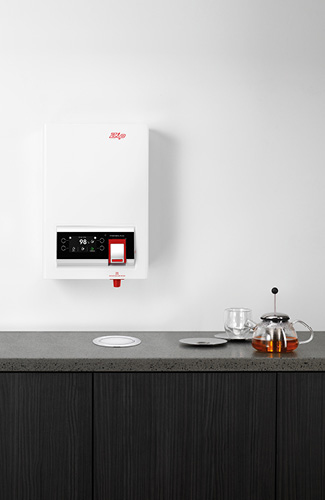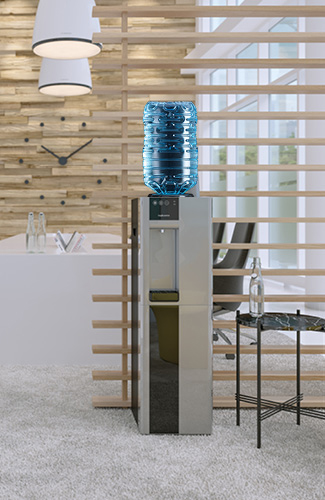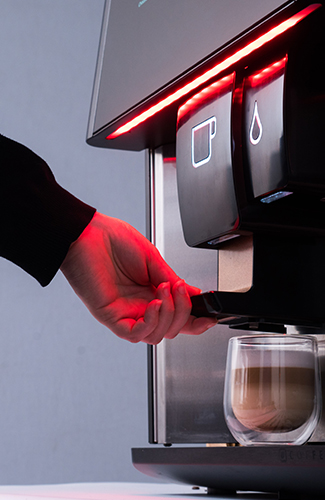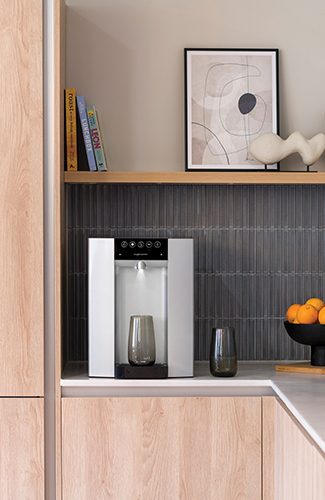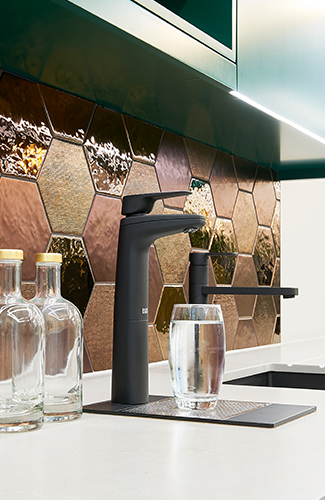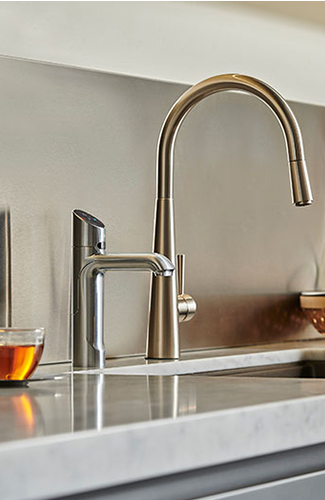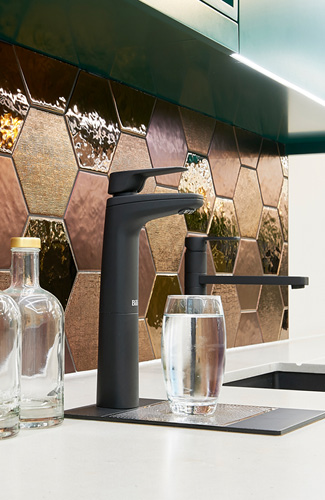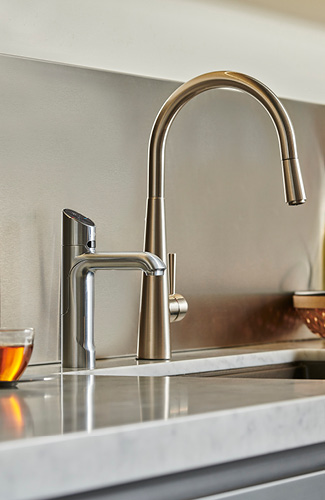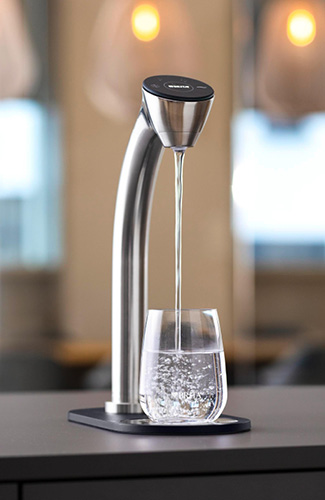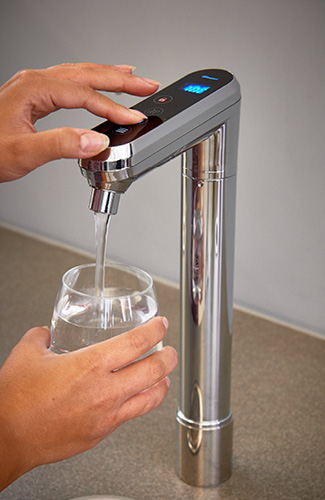Boiling Water Taps
Water Dispensers
Coffee Machines
Vending Machines
Coffee & Consumables
Service & Maintenance
Disposable Cups vs Reusable Mugs
Everyone from David Attenborough to Starbucks is saying it – we need to reduce waste to protect the environment – and with 12.7 million tonnes of plastic finding its way into the ocean each year, people are finally starting to take notice. So which is best, Disposable Cups vs Reusable mugs?
Although an initial proposal of charging 25p for disposable cups (known as the ‘latte levy‘) failed to get government backing, a host of major companies have begun banning single-use cups from their establishments, including the BBC, Waitrose and Network Rail. Meanwhile, coffee shops such as Starbucks are trialling their own 5p charge for disposable cups.
But is this really the best option for offices and businesses? We decided to take a deeper look at the differences between disposable and reusable cups, to determine which one is really the more eco-friendly option for your business.
Disposable Cups
Can they be recycled?
While technically single-use paper cups can be recycled, the truth is they very rarely are. Due to the plastic polythene lining, they must be collected separately from other waste and taken to one of 3 plants across the UK that are able to separate the plastic and paper, so the paper can be recycled. Of the 2.5 billion paper cups disposed of every year, less than 1% are recycled. The rest end up as discarded litter on our streets, in ever-growing landfill sites, or even making their way to the sea.
What’s the carbon footprint?
Disposable cups are usually made from “virgin paper”, which is freshly produced paper, straight from the tree. This means trees are felled for the sole purpose of producing single-use cups, that could well end up in landfill sites after one latte.
However, once the production process is complete the carbon footprint of disposable cups can be kept reasonably small. Lightweight and easy to store, far more paper cups can be transported than ceramic mugs by the same vessel of transport. Once they have been used they don’t require any further washing and therefore the energy consumption stops there.
What are the advantages?
Because single-use paper cups don’t require washing it will save your company money on energy bills, as well as saving your employees’ time.
On the subject of saving money, paper cups are far cheaper to replenish than ceramic mugs. If ceramic mugs are in an environment where there is a high risk of them getting lost or broken, it could end up costing you a fortune to keep replacing them.
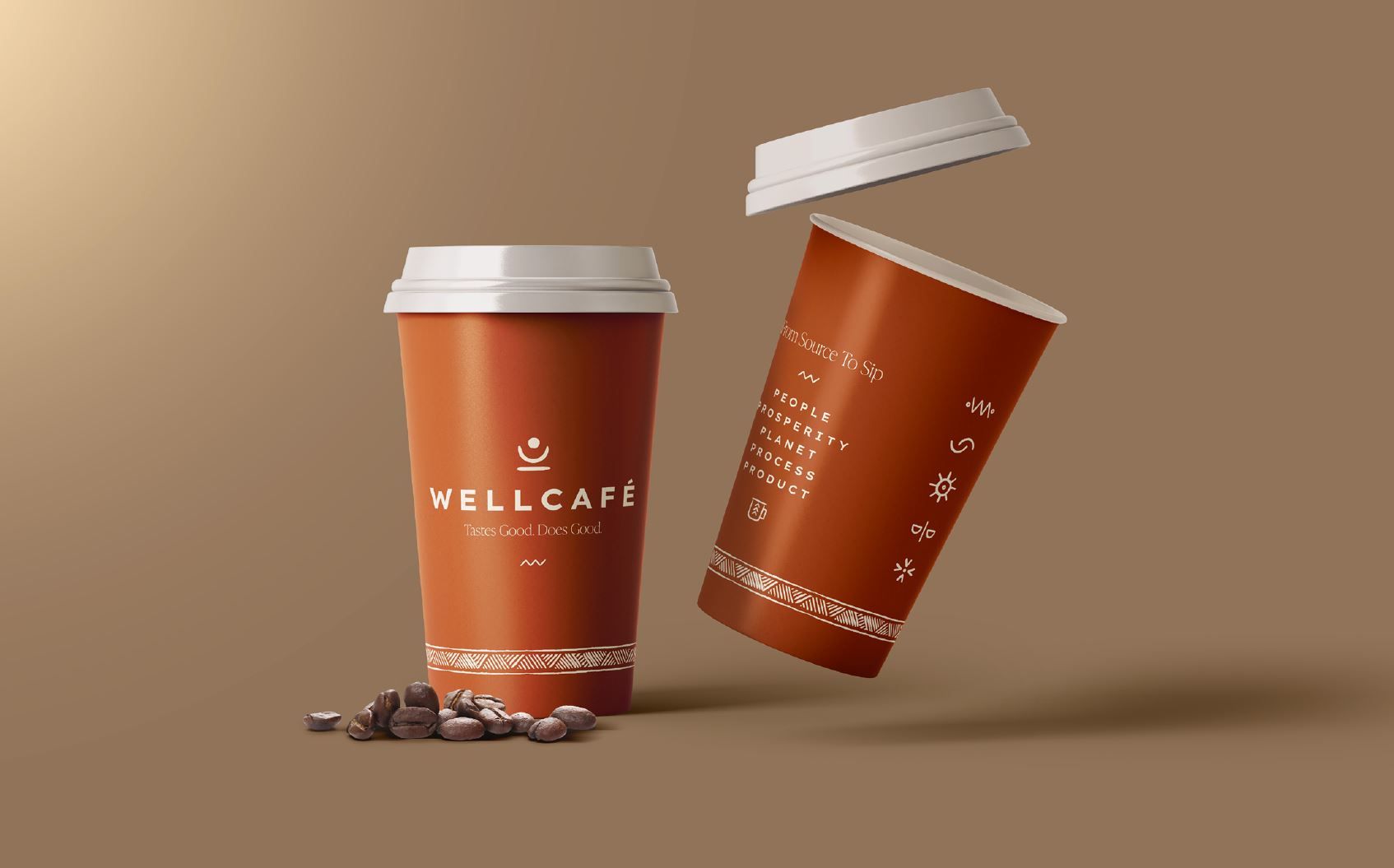
Reusable Cups & Mugs
Can they be recycled?
Reusable cups, which are usually ceramic, cannot be recycled at all. Of course there is the option of upcycling (repurposing old items) – such as creating plant pots or desk tidies out of old or damaged cups.
What’s the carbon footprint?
Ceramic mugs not only have a much higher carbon footprint at the manufacturing stage, they also continue to contribute to energy consumption throughout the remainder of their lifespan due to being cleaned at high temperatures. Many reusable mugs also take up more space in transportation and require more packaging to protect against damage.
What’s the carbon footprint?
Ceramic mugs not only have a much higher carbon footprint at the manufacturing stage, they also continue to contribute to energy consumption throughout the remainder of their lifespan due to being cleaned at high temperatures. Many reusable mugs also take up more space in transportation and require more packaging to protect against damage.
What’s the advantages?
Although the carbon footprint of one ceramic cup is much higher than one disposable cup, there is a break-even point, one report says after 39 uses ceramic mugs become the more eco-friendly option but others have suggested it can take many more than this.
If you’re willing to take care of your reusable cups and mugs, and invest time and money into keeping them clean, then these are the more eco-friendly option.
Is there an environmentally friendly disposable cup?
Believe it or not, there is! Our Edenware disposable cups are fully compostable. This is because the cups are made from food safe cardboard and are lined with a fully biodegradable plant-based Polylactic Acid (PLA). PLA is biodegradable plastic derived from renewable plant-based sources such as cornstarch, and only takes as little as six months to fully decompose in a composting facility.
These Edenware cups bring together “the best of both worlds” – They’re cheaper to buy in bulk than reusable cups, have a low carbon footprint per cup, don’t require cleaning, and are biodegradable, so they won’t bring unnecessary harm to the environment! Plus with a variety of options from the compact 8oz Single Wall Edenware Cups to the Edenware 12oz ‘go large’ option there is sure to be a cup to suit your office requirements.
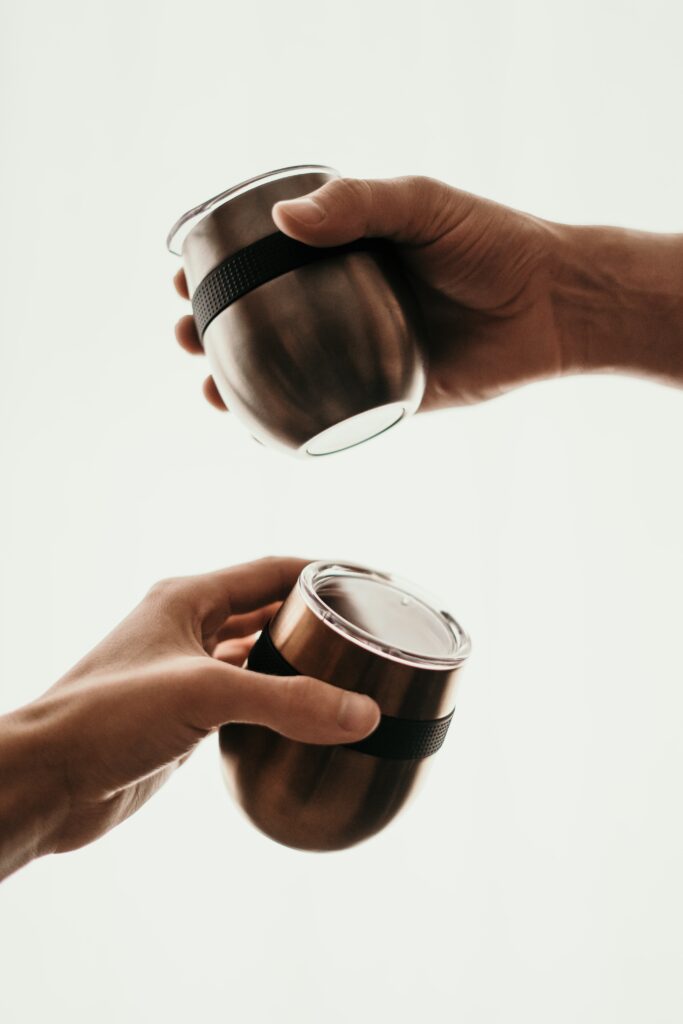
In Summary
Disposable Cups
NEGATIVES
- Don’t get recycled, contributing to landfill and litter
- Contribute to deforestation
- Are rarely made from recycled materials
POSITIVES
- Cheap to buy in bulk
- Have lower carbon footprint per cup
- Easy to store
- Don’t require cleaning
Reusable Cups & Mugs Cups
NEGATIVES
- Can’t be recycled
- More costly
- Take up more space for storage
- Require ongoing cleaning
POSITIVES
- Lower carbon footprint over their lifespan
- Doesn’t require fresh paper to be made
Or for a cup that provides the best of both take a look at our range of fully compostable Edenware Cups.
If you need help deciding which coffee, water and disposable supplies would be best for your workplace, why not get in touch with our team today and find out how Wellbeing can help you!
Sales & Enquiry Form
Our service team will normally aim to respond within 2 hours of queries submitted. *compulsory field.
Service & Technical Support Form
Our service team will normally aim to respond within 2 hours of queries submitted. *compulsory field.





